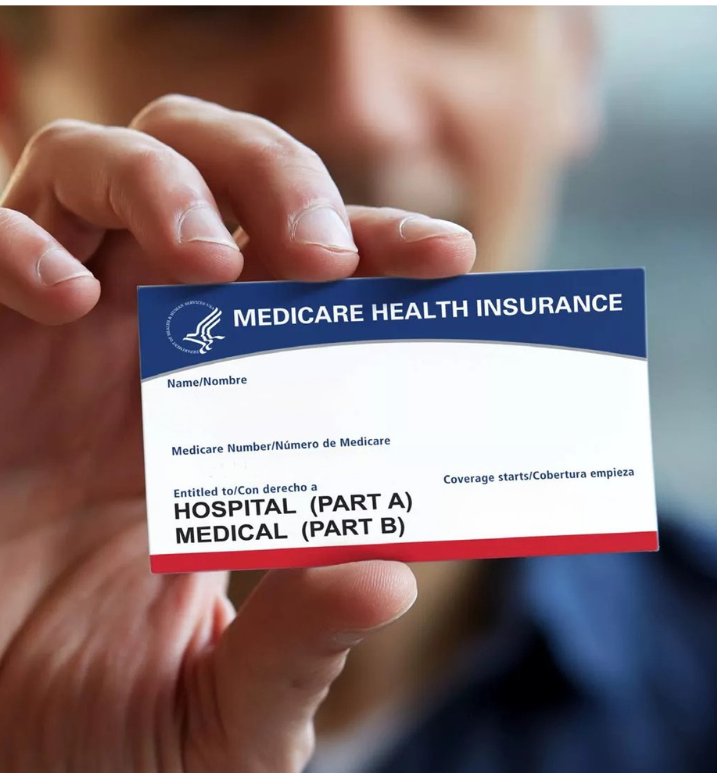Medicare 101
Medicare made simple. What you need to know before you enroll.
Eligibility
You are eligible for Medicare if you:
- Are age 65 or older. See initial enrollment below.
- Are under 65 and have certain disabilities including end-stage renal disease (ESRD), or ALS (also known as Lou Gehrig’s disease).
Initial Enrollment Period
- Is a seven-month window. Begins three months before your 65th birthday, the month of your 65th birthday, and three months after your 65th birthday.

Eligible? Here's how to get started.
- Call Social Security to confirm your eligibility. If you’re already collecting Social Security, you’ll automatically be enrolled in Medicare Parts A and B when you turn 65.
- Apply online at ssa.gov.
- If you’re employed, ask your employer about company-sponsored health benefits.
- NOTE: There may be penalties if you do not enroll in Medicare when you first become eligible. If you decide to delay enrollment, you may have to pay a lifetime late enrollment penalty.
- 2025 Medicare Part A & B Premiums & Deductibles.
- 2026 Medicare Part A & B Premiums & Deductibles.
It's important to know your enrollment period.
- Initial Enrollment includes 3 months before and 3 months after your 65th birthday, To avoid Part B late enrollment fees, apply as soon as you're eligible - unless you have health coverage through your or your spouse's workplace.
- You can enroll in or change your Medicare plans, Part C & Part D, during the Annual Enrollment Period from October 15th through December 7th each year
- If you’re enrolled in a Medicare Advantage plan (Part C), you may change your plan during the Open Enrollment Period from January 1st through March 31st. (You may only change your plan once during this time)
- You may also be able to enroll in or change Medicare plans if you
- Lose employer coverage
- Qualify for or lose full Medicaid eligibility
- Move to a new service area
- Live in, move in, or out of an institution
- Along with some specific life changes

Get to know the parts of Medicare
Original Medicare is basic health coverage managed by the federal government and is a combination of two programs: Part A (Hospital) and Part B (Medical).
Part A - Hospital Insurance
Usually comes at NO COST if you or your spouse paid Medicare taxes for at least 10 years and provides the following services:
- Inpatient hospital services.
- Skilled nursing facility care.
- Hospice care.
- Home healthcare.
Part B - Medical Insurance
You pay a monthly premium for Part B based on your income. The premium is usually taken out of your Social Security check and provides the following services:
- Outpatient hospital services.
- Doctor visits and preventative services.
- Outpatient lab tests and X-rays.
What's not covered?
Original Medicare covers a lot, but not everything. In fact. about 20% of typical out-of-pocket medical costs and Part A hospital deductible are left up to you as the individual to cover.
Original Medicare doesn't cover services like:
- Long-term care.
- Most prescription drugs.
- Most dental care, including routine visits, cleanings, x-rays, fillings, and dentures.
- Certain eye exams, such as those relating to prescribing glasses.
- Hearing aids.
- Overseas coverage.
- Alternative care.
Which option is best for you?
If you use services not covered by Original Medicare, there are plans that offer you the additional coverage you need while providing the financial peace of mind you want. Click Here for additional information about your Medicare options.

